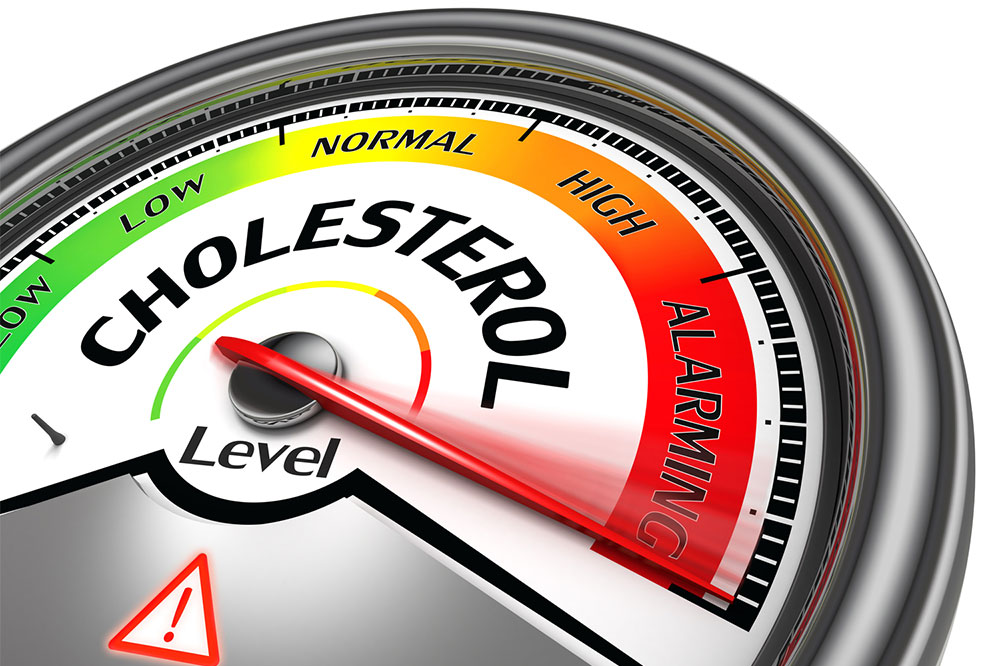The truth about cholesterol
Approximately one in three Americans suffer from high cholesterol, which is why it is considered a silent killer. The thing about cholesterol is that while it does not kill a person directly, it does increase the chance of one suffering from heart disease and stroke, both of which can be fatal.
According to the CDC, these are the leading cause of deaths in the United States of America. So, before we understand how cholesterol leads to these dangerous diseases, let’s take a quick look at what it actually is.

What is cholesterol?
Cholesterol is an essential fat-like substance found in the cells of your body. It is required to make certain hormones, vitamin D, and other substances that help digestion.
The human body or rather, the liver, makes all the cholesterol we need, which is known as blood cholesterol. The cholesterol that comes from food items is what is called dietary cholesterol. This form is found in animal meats, dairy products, seafood, and even poultry and eggs. Dietary cholesterol, when consumed in large quantities, can possibly increase the risk of cardiovascular diseases, which can be fatal.
Good and bad cholesterol
Cholesterol that is either consumed or produced in the liver needs to travel throughout the body. It does so with the help of proteins called lipoproteins that are of two types:
- Low-Density Lipoprotein(LDL): LDL, or what is known as bad cholesterol, constitutes a major portion of the cholesterol in the body.
- High-Density Lipoprotein(HDL): HDL, or what is known as good cholesterol, helps absorb the cholesterol throughout and takes it back to the liver to be flushed out of the body.
Why is LDL bad?
If there is a great amount of LDL cholesterol in the body, the chances of it being deposited on the walls of your blood vessels increase. This build-up of cholesterol is called “plaque,” and it narrows the insides of the vessels, blocking the flow of blood from your heart to other organs and vice versa. This puts immense pressure on your heart and leads to heart diseases.
Factors that contribute to cholesterol
While controlling the intake of cholesterol-rich foods is important, there are a lot of other factors that also contribute to having high levels of cholesterol. These are known as risk factors and while some are under our control, others are not. Here are a few of these factors that cannot be managed.
- Preexisting health conditions: If you have type 2 diabetes, obesity, and other conditions such as familial hypercholesterolemia, you face higher levels of exposure to LDL cholesterol.
- Genetics: If you hail from a family that has a history of high cholesterol, there’s a high risk of you having it too. So, get tested and have regular checkups to keep tabs on your cholesterol levels.
- Age: As we age, our bodies cannot clear the amounts of cholesterol from our blood they could earlier, which means we’re left with higher levels of LDL.















